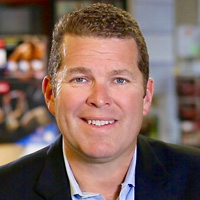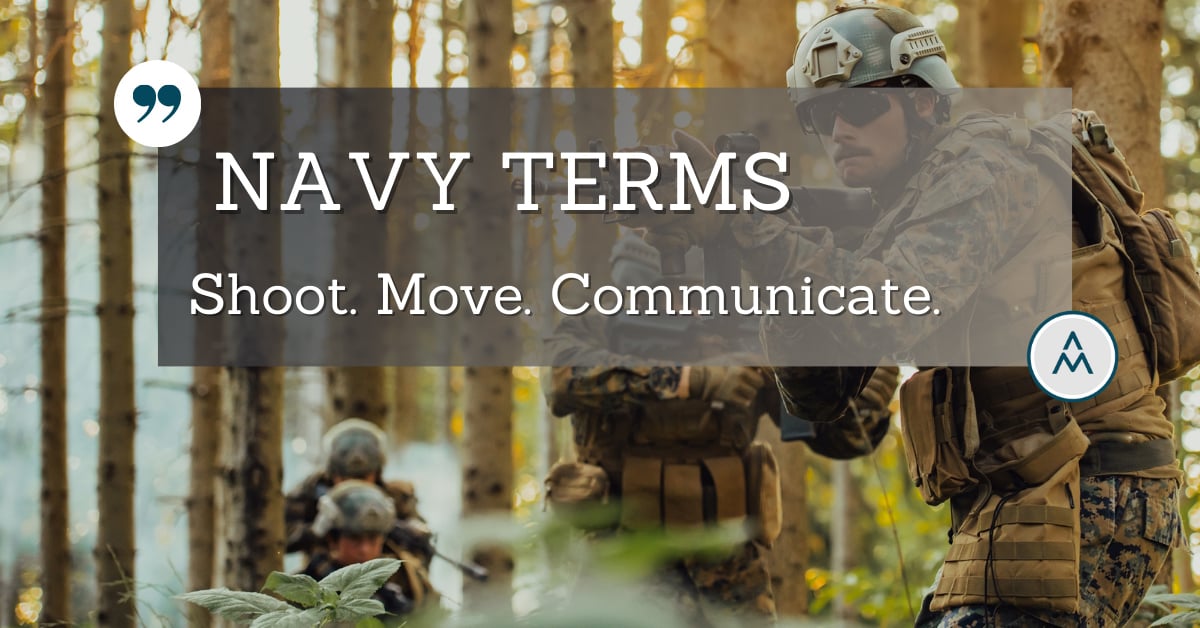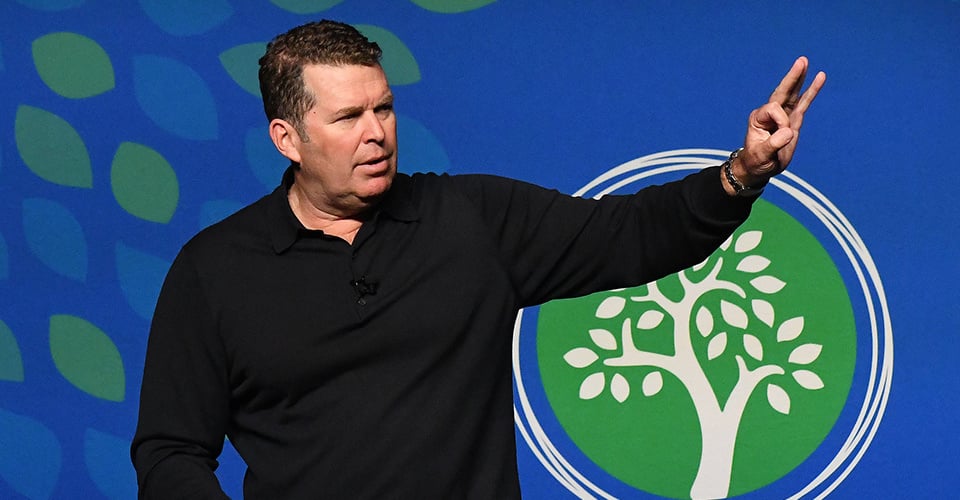In a previous post, I wrote about the seven traits that characterize unstoppable teammates. I call one of them “perspective” because it reflects the way a person responds to life. Perspective comes from experience—how a person thinks and has responded to past challenges and obstacles.
- Were the challenges limiting to the person or were they inspiring?
- How did the person handle the hardship?
- How does he or she feel about facing the same obstacle again?
Your Response Reveals Your Perspective
Another way to think about it comes from Stanford psychologist Carol Dweck, whose research contrasts what she calls a fixed mind-set versus a growth mind-set.
Those with fixed mind-sets tend to believe that physical, mental, or emotional talents, skills, and competencies are set in stone.
Those with a growth mind-set, on the other hand, tend to believe that talents, skills, and competencies can be learned and improved through hard work, determination, and resilience.
Are You a Straddler?
This country celebrates the idea that there is enormous opportunity here to move up from one’s station in life, to achieve greatness from the most humble of roots, but such pursuits are not downside-free.
Award-winning journalist Alfred Lubrano describes the “fish out of water” experience of individuals raised in blue-collar homes, now living white-collar lives—he called them Straddlers—who persevered in the face of those outsider feelings.
An associate professor of philosophy at the City College of New York and the Graduate Center-CUNY—Jennifer M. Morton—recently published a book about ethical and emotional tolls paid by disadvantaged college students seeking upward mobility and what educators can do to help these students flourish.
Are You All-in?
Professor Dweck described the growth mindset back in 2006, and Alfred Lubrano wrote about the Straddlers in 2010, but special-operations training throughout the United States military has been testing for these traits for well over fifty years—by training teams to develop tenacity, grit, and adaptability.
From the Green Berets to SEAL Team, all special forces units test candidates for their ability to push past their preconceived limit to succeed. People’s perspective about hardship is a telling indicator of how they will perform on a team when encountering seemingly insurmountable obstacles.
Control the Controllable
At the highest level, we can only control three things: how we think, how we feel and how we act. To make this trinity of controllable things work for us requires focus. When we focus on something, we funnel our energy into taking action. As a leader, your No. 1 job is helping your team focus their energies on the things that matter in moving the company forward.
There are so many things that can distract and discourage you and your team. How you personally funnel your focus is critical to how your team will as well. And if your team is focused, they too will build an unstoppable mindset for success.
Alpha Mike: Committing to All-in, Move-out
We’re a couple months away from wrapping and putting a bow on 2019. In my Alpha Mike post on January 1, 2019, I explained that to go “All in” is to commit your action platform (mental, emotional and physical) to work toward your goal. To “Move out” is to make actions toward your goal happen.
All the talk in the world doesn’t take the place of a single action. Nothing ever got achieved by simply talking about it. Commit yourself to focus, dream audaciously, and live like each day is a gift—because it is—and it’s up to you to make your life what you want it to be. No excuses.
Apha Mike—Alden
Learn More About Building Unstoppable Teams
Unstoppable Teams: The Four Essential Actions of High-Performance Leadership
Unstoppable Teams is the handbook for how to build care-based teams that will push people to achieve more than they ever thought possible.





